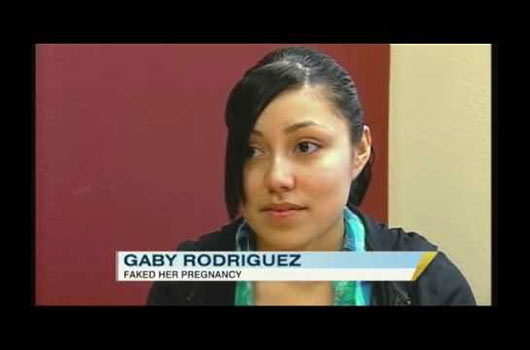
As the mother of two children with special needs, I know from personal experience that the unexpected arrival of a child who requires assistance for disabilities that may be medical, mental, or psychological may cause two different reactions in couples.
1. Couples may gain strength through the natural process of sadness and disappointment, and grow even stronger as they face new challenges together and evolve as a family.
2. Couples may divorce as a result of the high stress that this scary and unexpected experience brings to their lives.
Divorce can happen to any couple, but parents of children with special needs are perhaps more susceptible for a number of reasons:
- Receiving a child with special needs into your family isn’t anyone’s dream, and it can bring with it a series of devastating feelings, including guilt, sadness and even mutual recrimination.
- Sometimes couples are not willing to open their hearts to each other and share how they are feeling. Pretending that everything is fine is the worst thing to do. Couples need to talk and work through the adjustments together, as a famil
- One person assumes the entire responsibility of raising the child. It’s normal for one parent to take on greater child-rearing responsibility, but raising a child with special needs is not a task for one parent only. If one spouse takes on all the work, it can be overwhelming and catastrophic for the relationship.
- Both partners focus so hard on the task of parenthood that they forget the importance of loving each other as a couple.
- They forget to take special time for themselves and don’t know how to accept help from others. Then, they burn out and start attacking each other.
Read Related: 5 Tips for Handling Stress When Raising Kids With Special Needs
HOW DIVORCE AFFECTS CHILDREN WITH SPECIAL NEEDS
I am not a divorce specialist, but I have lived through divorce myself as the mother of two children with special needs. I know how hard it may be for these children to process the difficult and painful emotions that come with their parents’ divorce. The experience is traumatic for any child, but perhaps more so for a child who communicates differently.
Of course, regular children have difficulty expressing what they are feeling and how their parents’ divorce is affecting their lives as well. But children with special needs face even more challenges. Many times they have no clue about what is happening. Because of their inability to ask questions, they can easily assume that one of their parents is gone forever, without explanation. This causes severe stress and mood changes. Their academic performance may suffer, and they may sleep more and seem depressed.
HOW TO DEAL WITH IT?
I know from personal experience that nothing is more heartbreaking than watching your 7-year-old boy sit by the door waiting for daddy to come home from work, when you know that he’s not coming back. Sometimes words are not enough for them to understand the situation. Therefore, it’s important to reinforce communication, as well as their sense of security with the following tactics:
- Explain the situation patiently with the help of pictures.
- Use a calendar to mark the days he will spend with daddy. This is going to help calm his fears of not seeing his father again.
- Facilitate communication on a daily basis with simple activities like setting up a programmed telephone key to press so he can call his father on his own initiative.
- Try to include your ex-spouse in family celebrations and special dates like birthdays.
Divorce should not mean a long-term war, but the beginning of a peaceful agreement of co-parenting in two different households. Is easier to write about it than it is to make it happen, but our duty as parents is to make our children happy. Marriages can sometimes be a mistake, but children never are.











